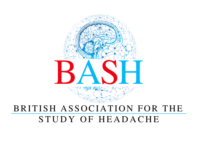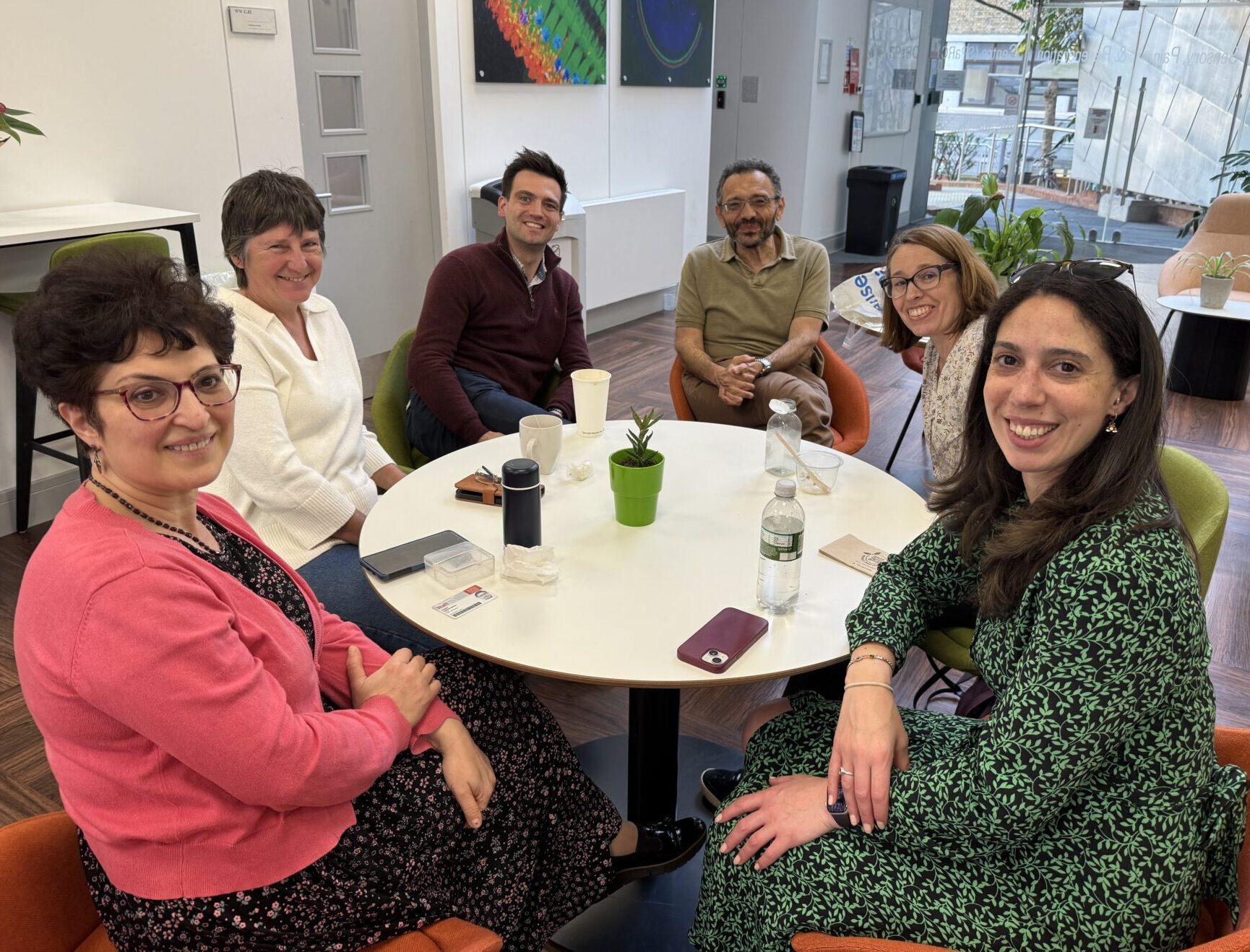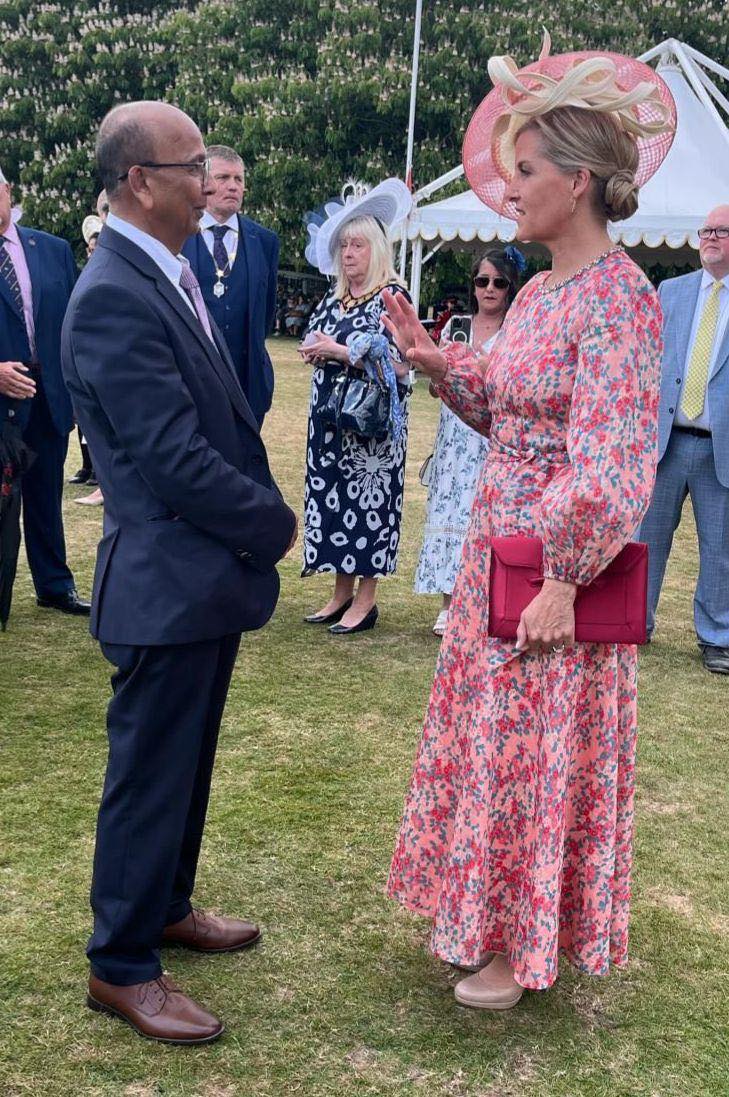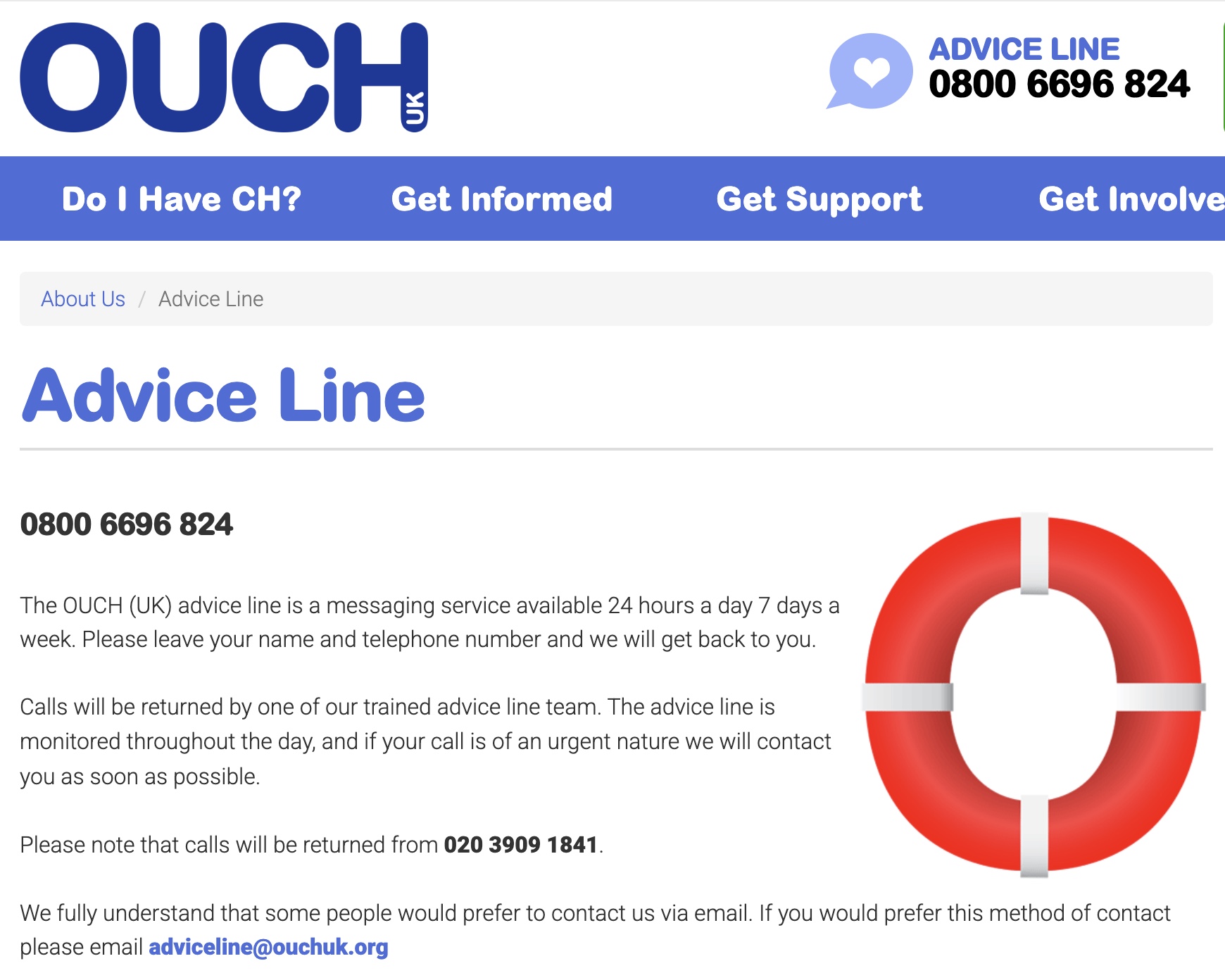Dr Jessica Briscoe, GPwER in Headache, attended this lively meeting and gives an overview of the day
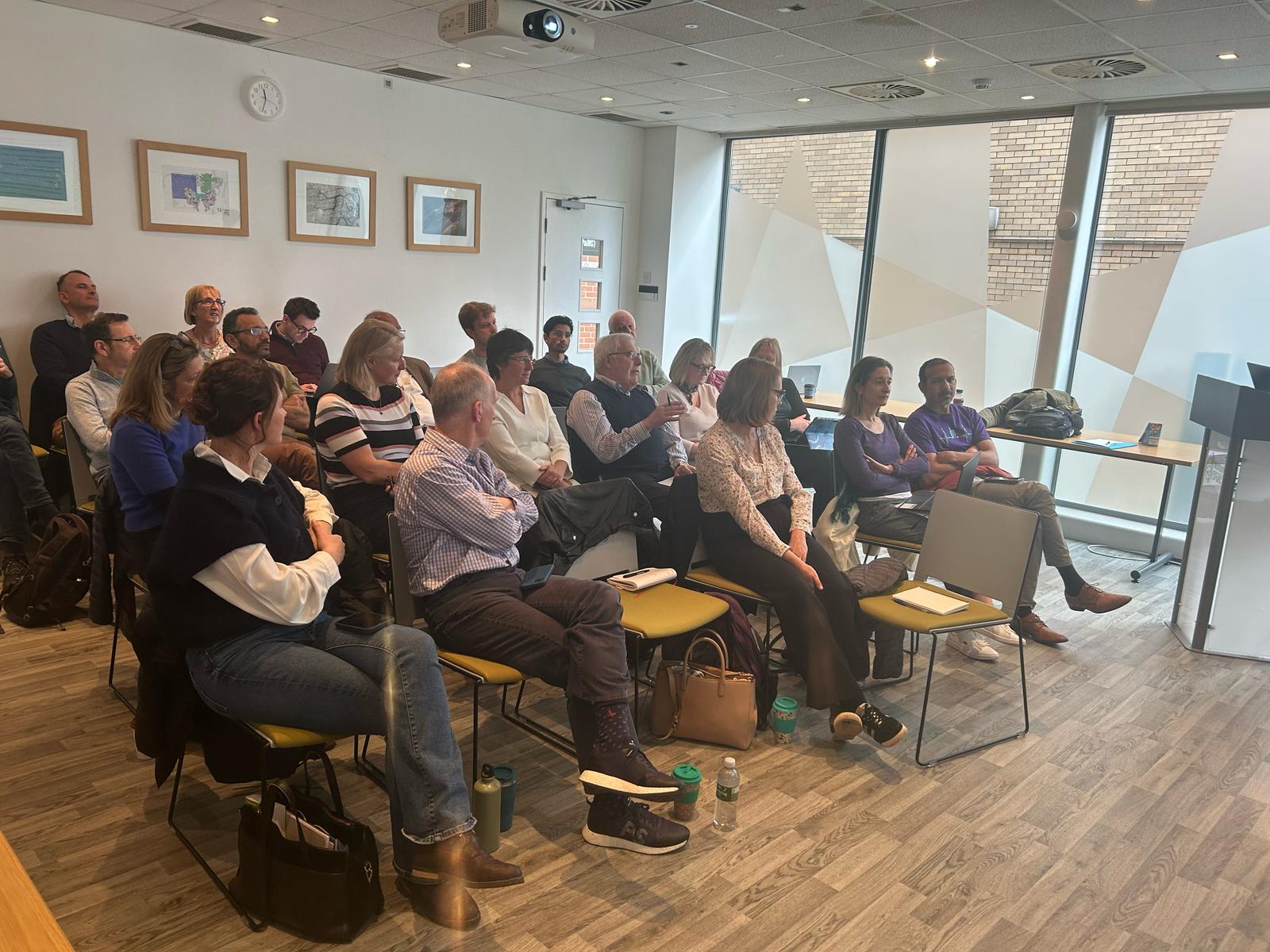
The BASH GP group meet up three times a year for a day of education and to share our experience. This always proves to be an interesting day and the 21st of March was no exception. The topics were wide-ranging from as a more in-depth biochemistry-based lecture on sleep and migraine, delivered by a PhD researcher from the Headache Group at SPARC, to the use of AI in our headache consultations and 'holding space' within our consultations.
We also had an interesting summary on the evidence and use of peripheral nerve blocks in the management of headache, by Dr Nazeli Manukyan which sparked a lively discussion regarding practices around the UK and how one would go about setting up an injection service.
This was followed by an thought-provoking presentation by Dr Paul Ballinger, showing some typical and atypical presentations of more complex primary headaches (hemicrania continua). It is always helpful to have presentations on more unusual presentations of rarer headaches as patients do not always “follow the rules” as described in textbooks and, typically, we tend to have less experience of the less common primary headaches.
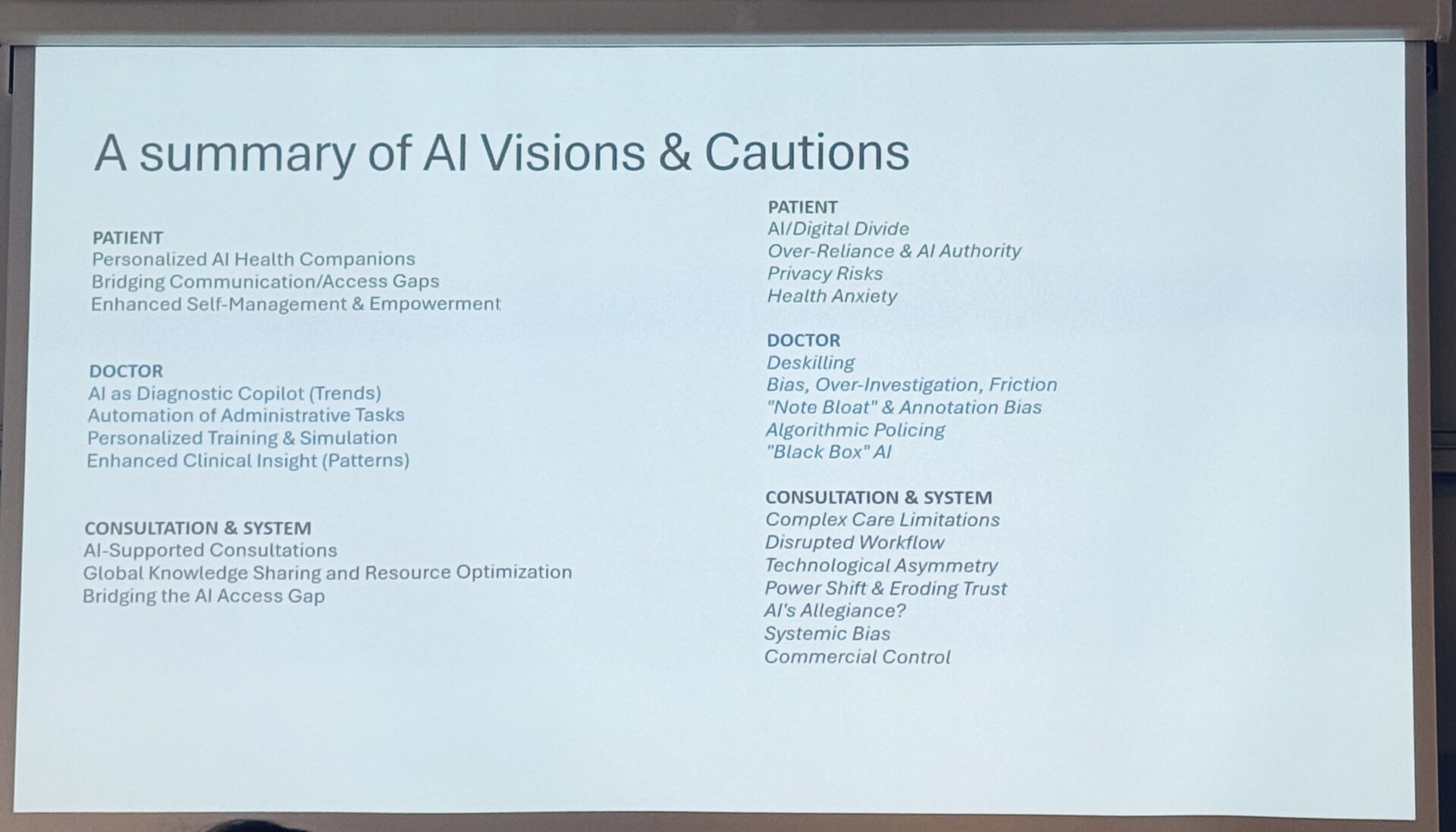
Dr David Kernick and Dr Marcus Lewis gave a demonstration on how AI can be used to aid consultation skills in complex or difficult cases. It was revealing to see how many of my colleagues are already implementing these tools in their day-to-day working practice and are finding them useful. AI in medicine can be a divisive and controversial topic but, whatever an individual's feelings around its use, I think it’s important to try and engage with the process and learn as much about it as possible to help shape it into being a useful tool rather than a hindrance or something potentially dangerous and, let’s face it, AI is here to stay.
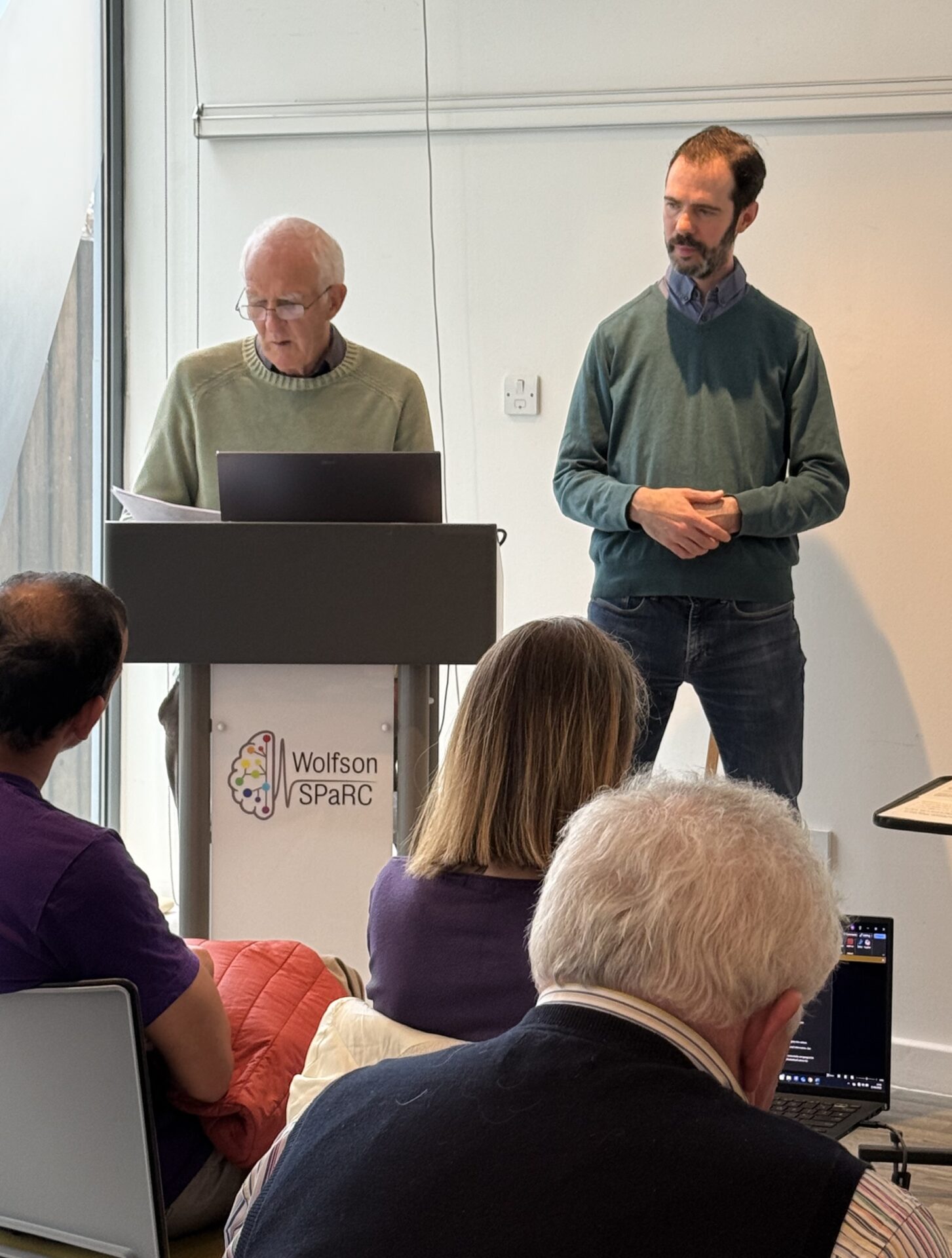
David also expanded on his previous presentations on adapting consulting styles with complex headache patients. This included the concept of “holding space”. This encourages the clinician to enable the patient to sit with their emotions and may potentially mean sharing their own experience. This is a common strategy used in psychological practices but it certainly has its uses in chronic pain conditions. We also discussed potential barriers to practicing this: as GPs we are often used to dealing with a whole gamut of psychological as well as medical difficulties in day to day practice, however, the model which is used to teach us “good” consultation skills, does not always leave much room for this type of practice and practitioners who do not have much experience of this type of work (i.e. newer GPs) may struggle to feel comfortable “holding space”.
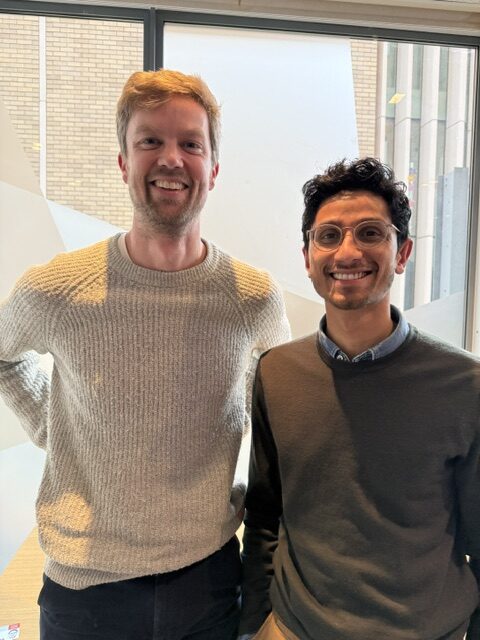
Dr Sam Johnson and Dr Cyriac Athappilly will be organising the next BASH GPwSI in Headache meeting so keep an eye on our Events page for further details about this. These meetings are open to BASH GP members but we welcome GP registrars and any GP who is interested in learning more about headache. You don't have to already be a GPwER in a headache specialist role. Come along!
As GPs, we have a vital role in headache medicine in connecting all the different facets of a patients health and life which can be affected by migraine and other primary headaches, and managing them in the more holistic manner than possibly we were trained in. After a day filled with learning, debate and connecting with colleagues from across the country, I left feeling enthusiastic about my chosen speciality.
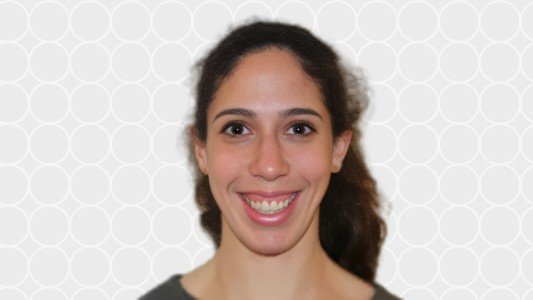
Dr Jessica Briscoe
GPwER in Headache
Guys and St Thomas's Hospital Trust
